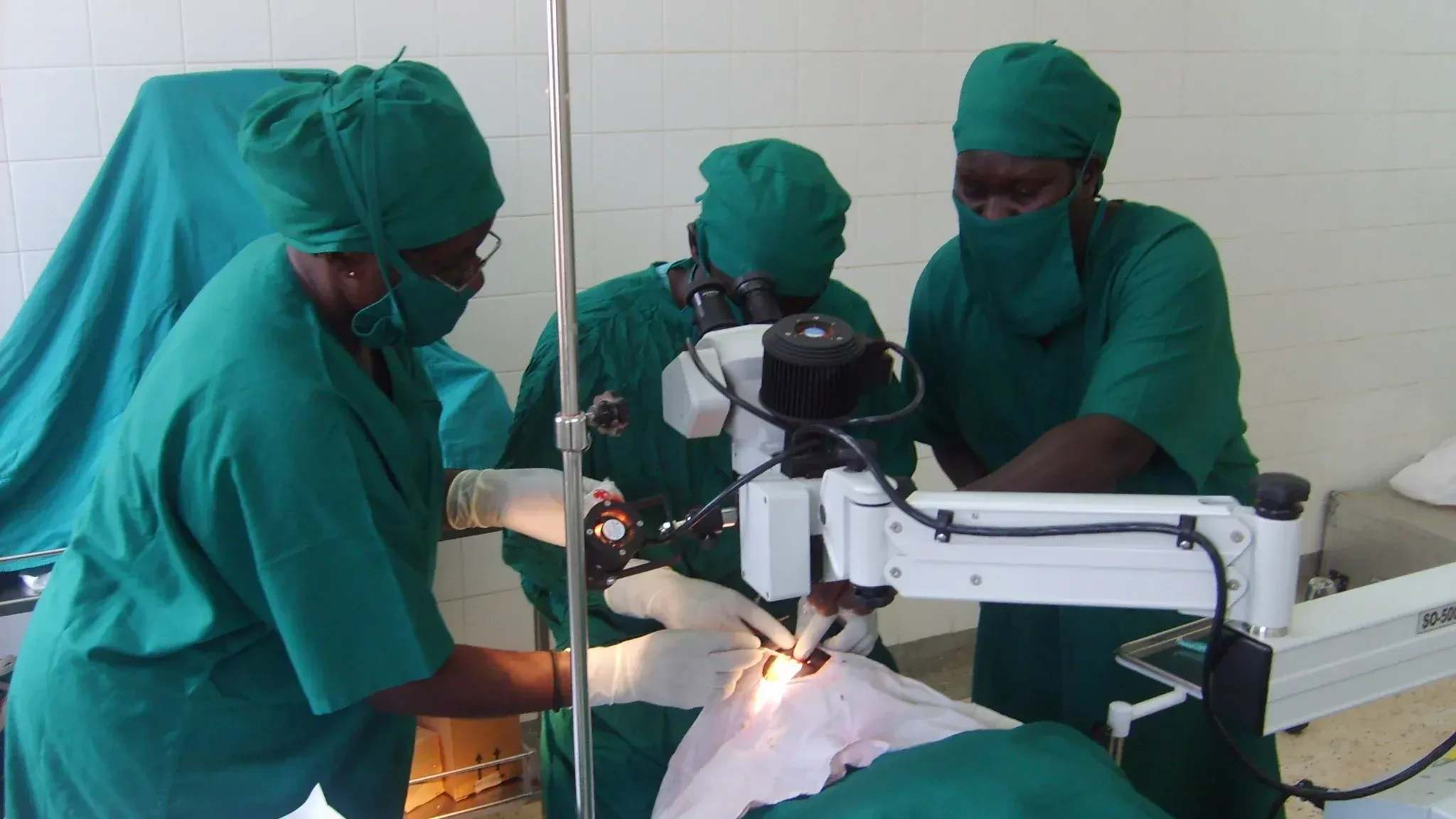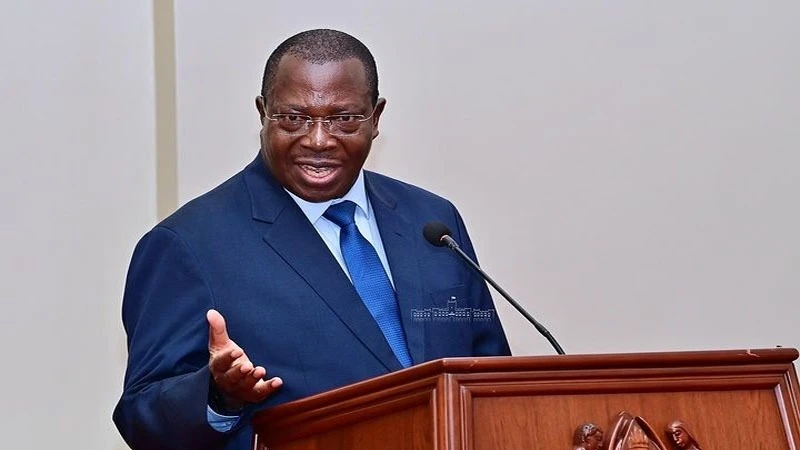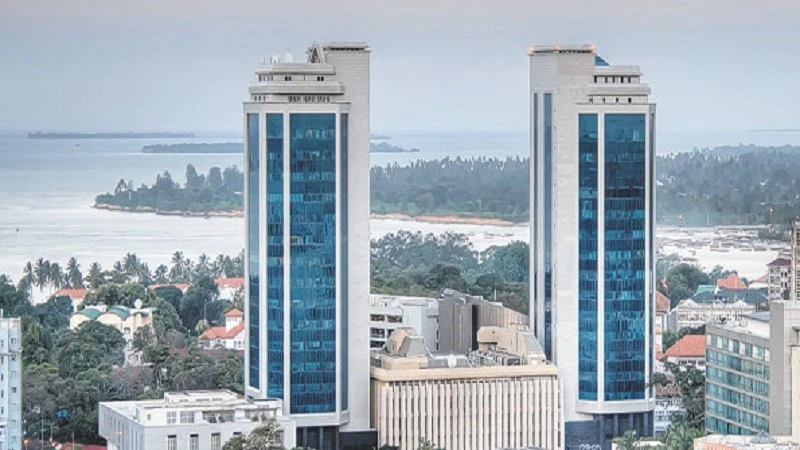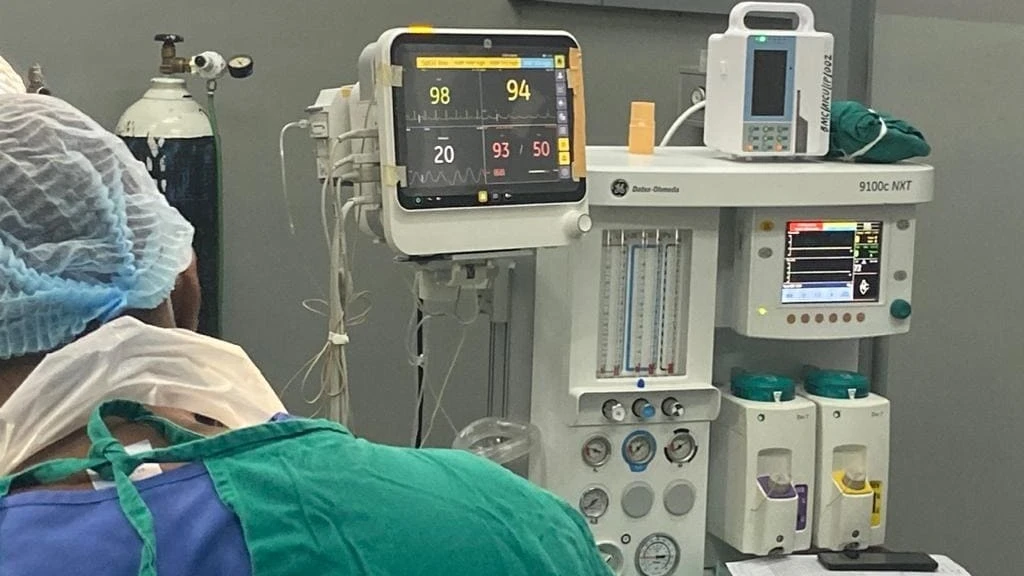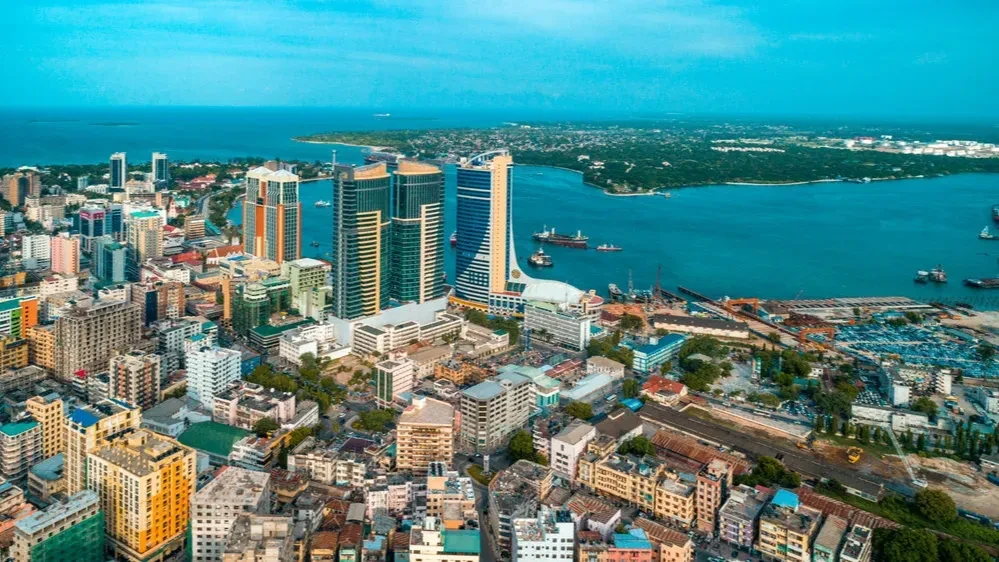Prof Janabi’s choice as WHO’s Africa Region Office head has done us proud
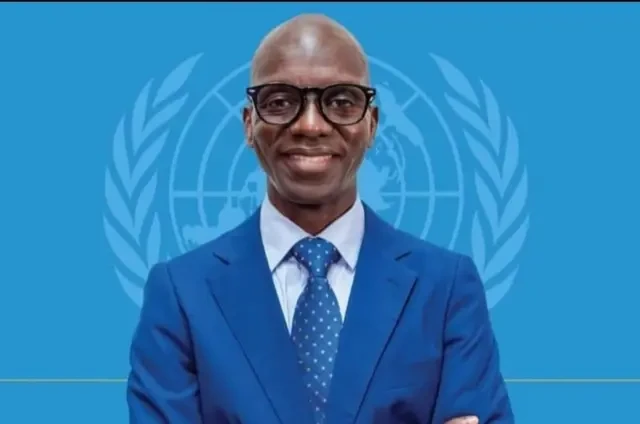
Tanzanian medical icon Prof Mohamed Yakub Janabi has seen off three rival candidates in the race for the directorship of the World Health Organisation’s Africa region.
The well-known and highly regarded hospital administrator and surgeon won the vote, held by representatives of 46 voting member states, in a session presided over by Liberian Health and Social Welfare minister.
The win was ritually confirmed as one of two resolutions in the WHO regional committee for Africa meeting in Geneva, endorsing the candidate and his plan of action there.
For the record, Prof Janabi won the position after defeating Ivory Coast’s Dr N’da Konan Michel Yao, Guinea’s Dr Dramé Mohammed Lamine and Togo’s Prof Mijiyawa Moustafa.
Plenty of recounting is being awaited as to what led to the success, as it was obtained in a 32-to-16 votes in the Tanzanian candidate’s favour. The vote took a couple of rounds.
One complicated aspect with respect to the vote is the manner in which the candidates set out visions of what they wished to do on ascending to the position.
It is evidently assumed that one would work in line with a wider mandate of the UN agency’s director general.
That would imply that the incoming regional director’s vision would not be a mission of what he or she would do but rather what advice he or she would give to higher authorities or the global health agency in its entirety.
But even merely within the ambit of an exploratory – or advisory – plan of action, the newly elected WHO regional head of administration will have his hands full trying to map out ‘what is workable, what isn’t and why’.
For one thing, preparations for the vote took place in a different environment, with individual countries and WHO itself assured of predictable flows of funding from key partners like the United States.
Notably, much of the budget was negotiated and programmed, enabling WHO officials to speak with confidence as to what needs to be done; now they may find themselves using much lower voices.
Plenty of this ulterior framework underlining the confidence of UN administrators was visible in the new director’s remarks.
There was, for instance, the seven-point agenda for changing the healthcare landscape in Africa – placing universal health coverage as top priority.
At the time that this line of policy action was being designed, there was a remote chance of receiving multilateral backing. However, experience shows that such support ended with the International Monetary Fund’s global post-pandemic recovery facility. Even PEPFAR, a flagship action plan on AIDS and malaria, is winding down.
Half the world’s population is without access to essential health services, with just about 46 per cent of Africans somewhat assured of quality healthcare.
The incoming director ought to have remembered that this achievement had plenty to do with multilateral support in healthcare, especially through UN agencies.
How much this will still be the case four years from now is, at best, hypothetical – and unless substantial reforms expand local revenues in each country, many substantive ambitions will likely to come to a halt.
While this promises to be a tall order for the amiable Prof Janabi and whoever will be his lieutenants, we find every cause to believe that they will weather whatever storms they will encounter.
Top Headlines
© 2025 IPPMEDIA.COM. ALL RIGHTS RESERVED






